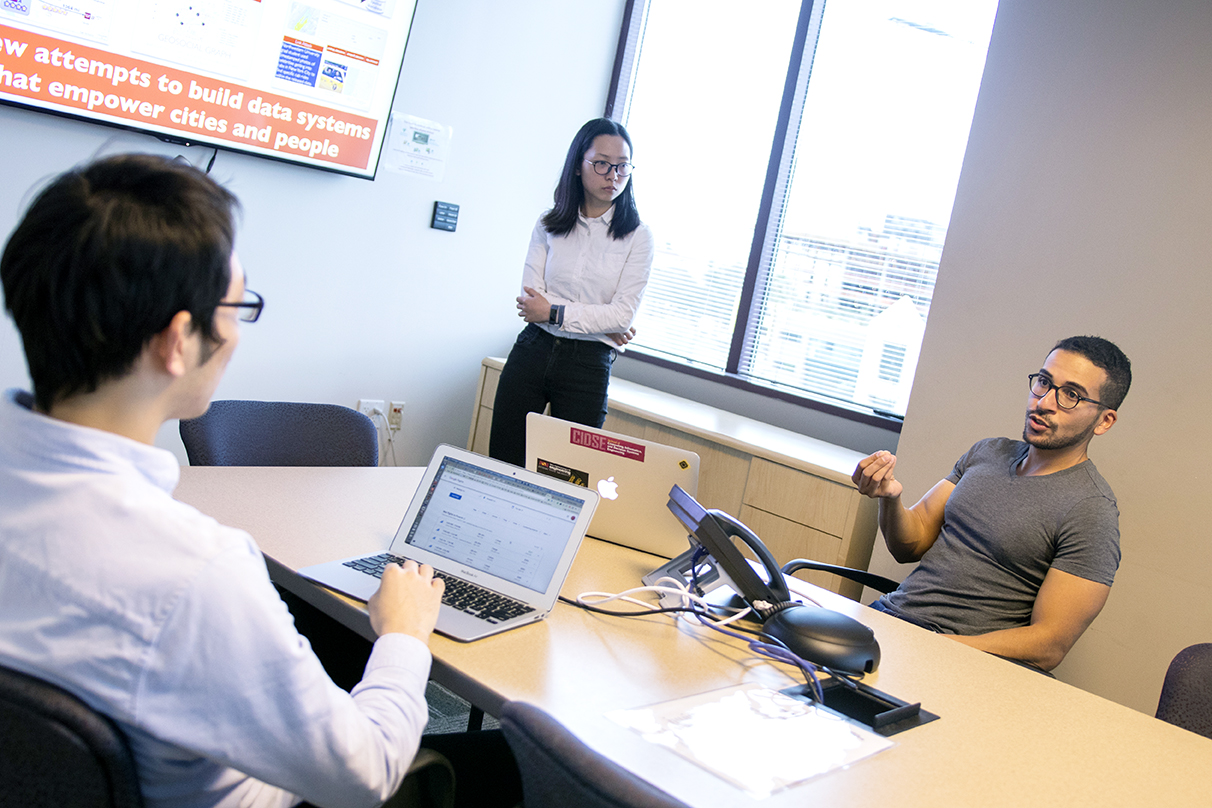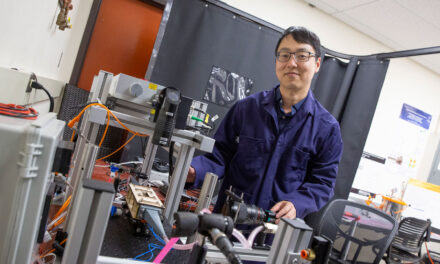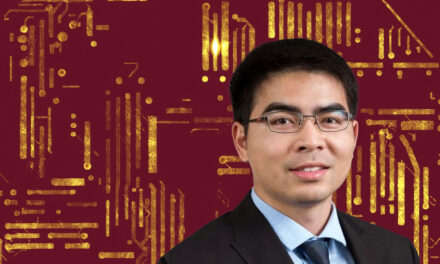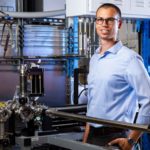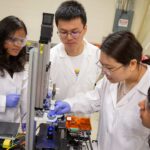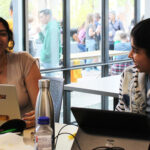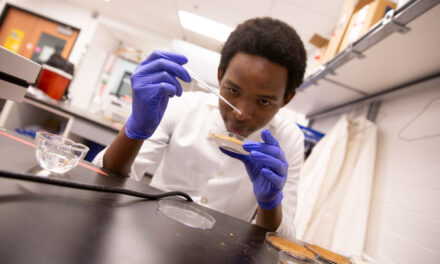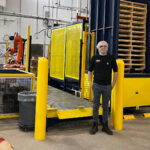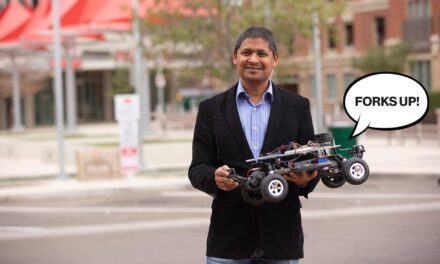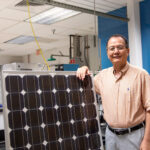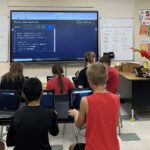
Next-generation technology to manage internet of things data
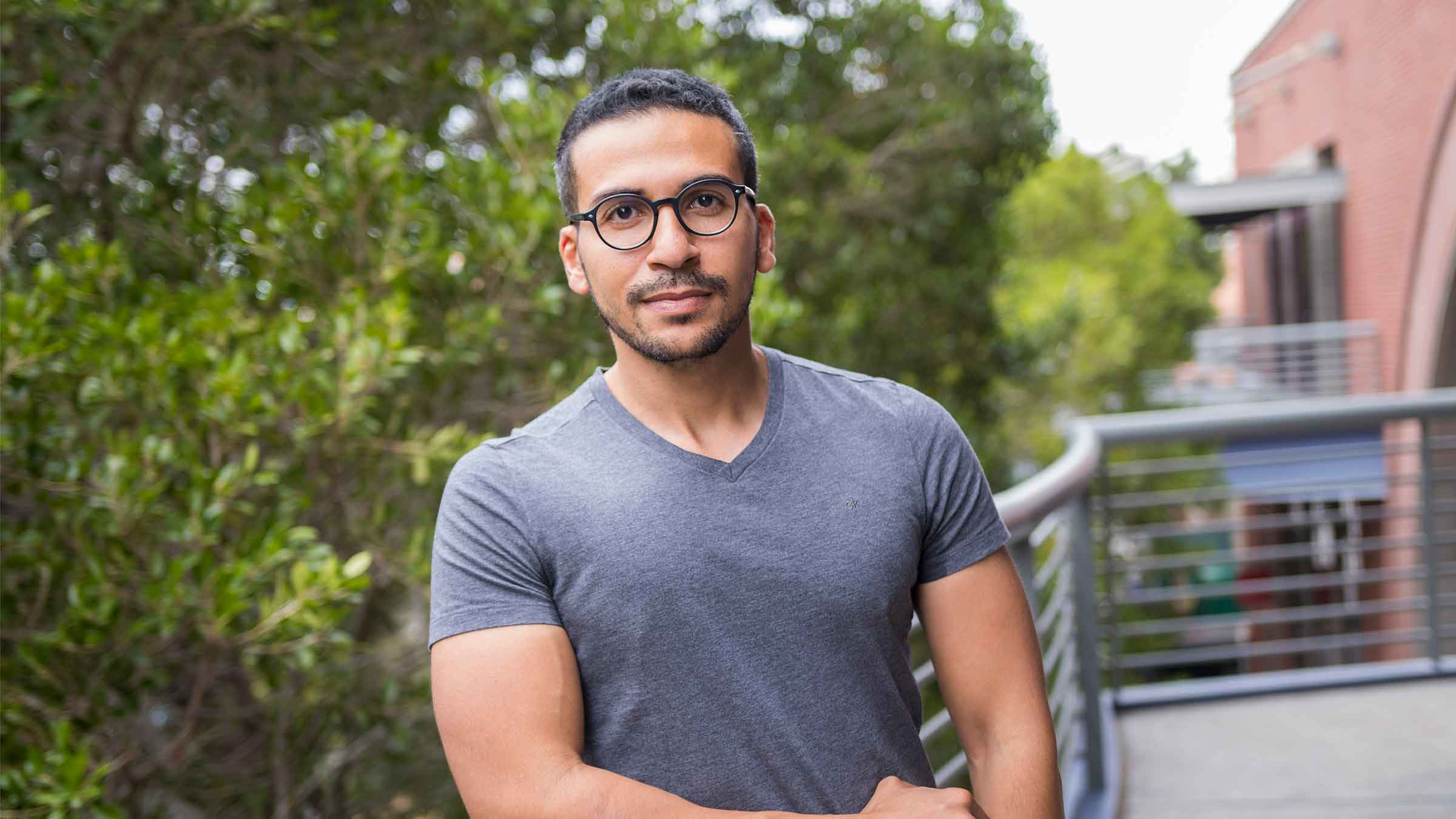
Above: Assistant Professor Mohamed Sarwat is one of 10 Ira A. Fulton Schools of Engineering faculty members to receive an National Science Foundation CAREER Award for 2018 to 2019. He is building innovative scalable technologies capable of seamlessly connecting data collected from various internet of things devices.
Ten faculty members in the Ira A. Fulton Schools of Engineering have received NSF CAREER Awards between September 2018 and April 2019.
The internet of things represents a growing global network of devices constantly collecting and sharing data. By 2020, the network is projected to contain nearly 30 billion devices, from smartwatches and fitness trackers to commercial security systems and smart city technologies.
Each internet-of-things-enabled device is equipped with a variety of sensors to gather information about the world around us and change the way we live. For instance, you consult your GPS for live traffic updates to save time on your commute while an urban planner monitors traffic conditions using devices tracking data throughout a city to advocate for the construction of a new bridge or highway.
Imagine billions of devices collecting data every millisecond. The volume and staggering rate of information are almost unimaginable. The possibilities of harnessing this data for significant impact are endless, but most of the data is wasted because current computing systems are incapable of efficiently processing such data for valuable insight.
To overcome these hurdles, Arizona State University Assistant Professor Mohamed Sarwat will build innovative scalable technologies capable of seamlessly connecting data collected from various geographically distributed internet of things devices.
Sarwat’s research is the first step toward building next-generation computing infrastructure that can effectively manage and analyze the ever-growing internet of things data. The project is supported by a $549,997, five-year National Science Foundation Faculty Early Career Development Program (CAREER) Award.
The new technology will organize data in a way that allows a commodity computer system to digest and store large-scale data from internet of things devices. Sarwat and his team will also build new data processing techniques that will enable convenient and fast access of such data. More entities will be able to leverage the new data processing techniques to build many applications ranging from simple data filtering/integration operations to artificial intelligence methods being employed in autonomous vehicles and robots.
“The project’s results will provide a tool for policymakers, scientists, businesses and citizens to better utilize and extract value from the internet of things data for a variety of applications,” says Sarwat, a faculty member in ASU’s Ira A. Fulton Schools of Engineering. “The applications could be related to transportation, environmental ergonomics, public safety, health and more.”
Internet of things data will make cities even smarter. Picture a network of acoustic sensors installed across communities. The sensors can detect a variety of sounds, from cars and pedestrians to barking dogs.
With the right computing infrastructure, the city would have the tools to filter the data to detect the sound of gunshots happening near schools or places of worship. This data will enable city officials to intervene more quickly and improve public safety.
As part of the project, Sarwat will use the results of his research to launch the Data Science for Cities initiative. The goal of the initiative is to help cities across the nation apply artificial intelligence techniques on sensor data to build innovative applications for social good.
The initiative will bring together city officials, residents and academics through data science challenges and competitions to explore the possibilities of harnessing the vast amount of internet of things data.
Tempe will serve as the test pilot for the Data Science for Cities initiative. Sarwat hopes to build a replicable foundation for the initiative so it can scale to other cities across the nation. He believes the initiative is one reason the NSF selected his research proposal because these scalable technologies have the potential to improve the lives of many.
“Think again about the data collected from billions or even trillions of devices across the world,” says Sarwat. “If we don’t have the right data infrastructure, we will miss a lot of opportunities to make sense of this data and find interesting patterns, which can be leveraged to build applications for the benefit of humankind.”
